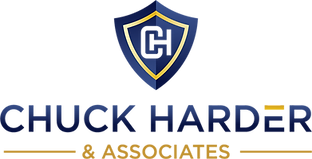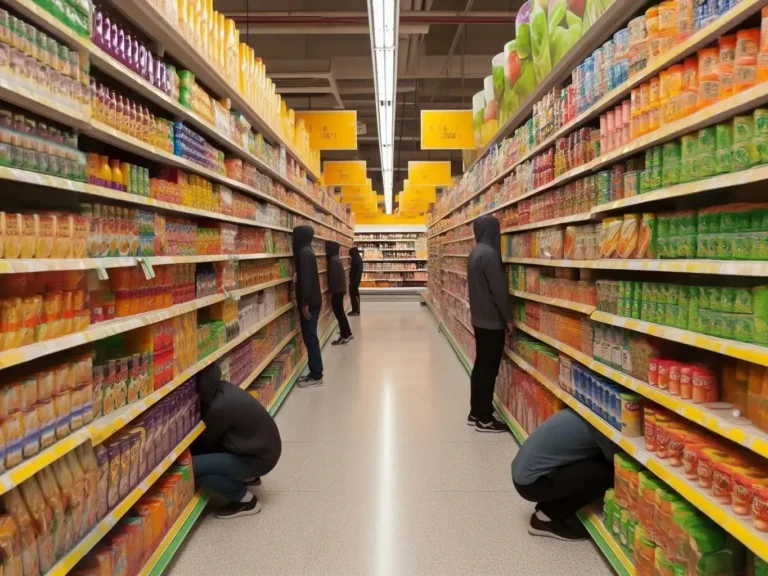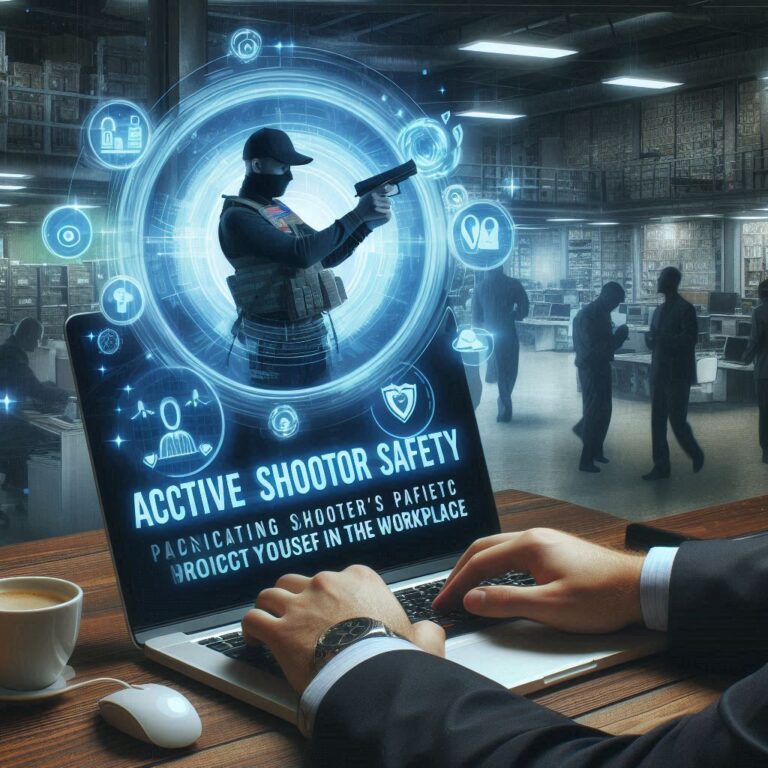With the constant changing and unpredictability of this world, situational awareness has become a critical skill to ensure the safety and well-being of individuals in various environments. We believe that creating a culture of safety and vigilance is paramount to creating secure spaces at work, school, and home. So, let’s delve into the best practices for enhancing situational awareness, empowering you to take proactive measures in preventing accidents, potential threats, and fostering a safer environment for all.
Understanding the Baseline and Identifying Anomalies
To effectively develop situational awareness, it is essential to establish a baseline understanding of what is considered “normal” in your environment. This allows you to easily recognize when something is out of the ordinary, which could indicate a potential safety concern. Start by observing the daily routine, behaviors, and patterns in your workplace, school, or home, and take note of any areas or situations that could pose a risk.
Once you have a clear understanding of the baseline, stay vigilant in recognizing deviations from it. These anomalies may come in the form of unusual noises, unfamiliar people, or changes in the behavior of your colleagues or classmates. It is important not to dismiss these observations as unimportant, as they could be the first sign of a potential issue.
Developing the ability to quickly identify and assess anomalies in your environment is a key aspect of situational awareness. By fostering open communication and reporting any irregularities to the appropriate authority, you can contribute to the overall safety and security of your surroundings. In turn, this heightened awareness can lead to improved prevention and response measures, ensuring a safer environment for everyone involved.
Adopting a Proactive Mindset and Staying Informed
Being proactive is a crucial component of situational awareness, as it enables you to anticipate potential hazards before they escalate into critical incidents. Cultivate a mindset of always being prepared for the unexpected by regularly reviewing and updating emergency procedures, evacuation plans, and safety protocols. Encourage your colleagues, family members, and classmates to do the same, fostering a collective responsibility for safety.
Staying informed is also vital in maintaining situational awareness. Keep yourself up-to-date with the latest news, weather, and potential threats in your area. This may include monitoring social media, subscribing to local alert systems, or participating in community safety forums. By doing so, you will be better equipped to identify and respond to potential hazards in a timely manner.
Additionally, invest in continuous learning and professional development in the realm of safety and security. Participate in training programs, workshops, and seminars that teach valuable skills in conflict resolution, threat assessment, and crisis management. As you grow your knowledge and expertise, you will become a valuable asset in fostering a culture of safety and situational awareness in your environment.
Building a Culture of Safety Through Collaboration and Empowerment
Developing situational awareness is not solely an individual endeavor but rather a collaborative effort that involves everyone in a given environment. Encourage open dialogue and cooperation among colleagues, family members, and classmates to address potential safety concerns and share best practices. As a community, you can create a more secure environment by working together to mitigate risks and respond effectively to incidents.
Empower those around you to take responsibility for their safety and the safety of others by providing the necessary resources, training, and support. By fostering a sense of ownership and commitment to safety, individuals will be more inclined to actively engage in maintaining situational awareness and making informed decisions in the face of potential threats.
Remember, at Chuck Harder & Associates, our mission is to keep adults and children safe in the workplace, at school, and at home. By prioritizing situational awareness and implementing the best practices discussed above, you can play an essential role in creating safer environments for everyone.




